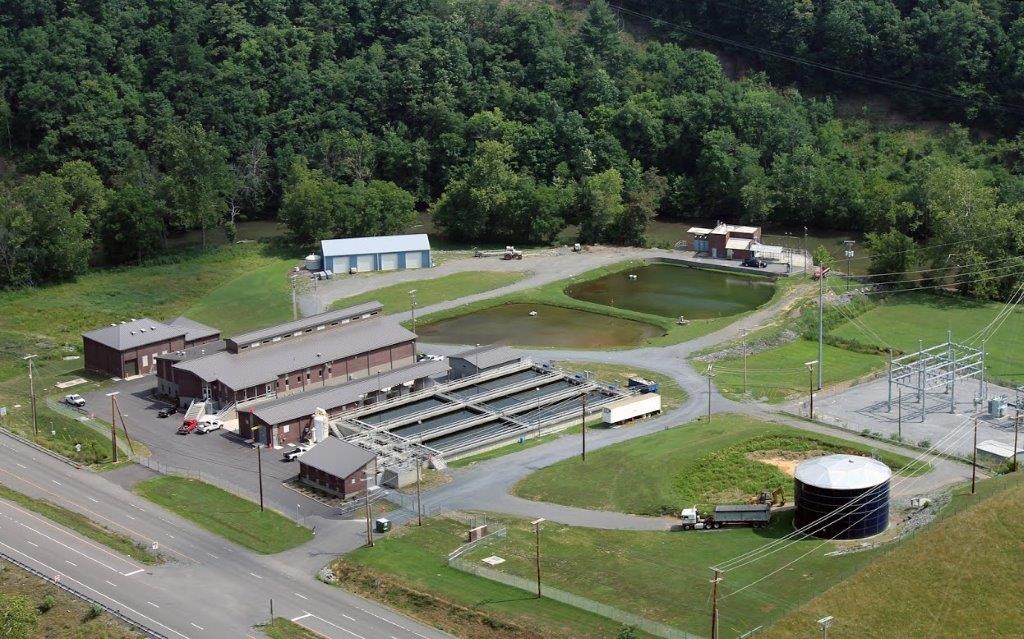WCSA’s strategic plan includes financial stewardship and communications goals for providing greater operational efficiency, transparency and value
WCSA continues working toward accomplishing several long-term goals that were developed during our strategic planning process, initiated in late 2018. The strategic plan provides an organizational vision and framework to guide our course of action for ensuring a successful future. The plan’s first two goals — maintaining a reliable infrastructure, and recruiting, developing and retaining a best-in-class team — were introduced in our May 2020 newsletter. Two additional goals from the strategic plan include financial stewardship and improved communications.
As an independent service authority serving 90% of Washington County’s residents, WCSA is responsible for supplying more than 21,500 customers with clean, potable water, and for efficiently processing wastewater before it’s safely returned to the environment. In a mountainous county, this is a challenge that requires a large, continuously evolving infrastructure, including approximately 900 miles of pipe for water services which, if laid end-to-end, would stretch from Virginia Beach to St. Louis, Missouri.
Operating a utility is a resource-intensive endeavor, which depends on appropriate operating and capital funding. WCSA’s funding comes from water and sewer connection and monthly user fees. There are no state or federal subsidies, nor any revenue from town or county taxes. Grants represent a small fraction of WCSA’s capital project funds and are designated for specific projects, not for operational costs. The service authority receives a few low-interest loans from the Virginia Department of Health or the USDA’s Rural Development for capital projects, but those loans must be repaid with interest from money earned from customer fees.
WCSA works hard to serve as a financial steward of these resources, including customer fees, which are directly reinvested into the community. Over the past three decades, the utility has invested more than $120 million in infrastructure and improvements.
These capital projects include the:
- Middle Fork Drinking Water Treatment Plant
- South Fork Intake
- Mill Creek Regional Drinking Water Treatment Plant
- Hall Creek Wastewater Treatment Plant
- Route 58 Water Storage Tank
- Exit 13 Sewer Project
- Ongoing replacement of approximately 200 miles of galvanized waterlines
User fees have also been used to extend water and sewer service to thousands of customers throughout the county, from Rich Valley to Exit 7, and from Brumley Gap to Damascus. These capital projects ensure that WCSA is able to continue meeting customer needs, both now and in the years ahead.
“WCSA’s focus is on creating financial stability through sound, conservative financial decisions, and we work very hard to keep our rates low,” says Robbie Cornett, general manager. “It’s our responsibility to manage our customers’ business as efficiently and effectively as we can. WCSA will continue to exercise the same precautionary, critical thinking and transparent processes to determine future investments. In addition, with a flat customer growth curve, we look to continually improve the efficiency of our operations and seek value in our investments for the benefit of our customers.”
Another strategic plan goal is improved communications. Enhanced and expanded internal and external communication and engagement are important for achieving capital projects and other initiatives, as well as successful implementation of all strategic plan goals.
Communication measures include an online customer portal for providing opportunities for customers to conduct business electronically, enhanced website content, employee training, and an employee portal for information sharing and organizational updates. Additional communication efforts include enhancement of multi-disciplinary teams for managing projects and issues, and expansion of team building and networking for greater organizational success.
“Our job as an organization is to deliver top-quality services to our customers, and they rely on us to share information with them in all our areas of responsibility,” Cornett says. “These include providing water and wastewater services; protecting the environment; improving, expanding and maintaining the infrastructure; and optimizing organizational productivity and efficiency. Consistent communication to customers through a variety of mediums, along with strategic internal communication protocols and procedures, is essential not only for creating a culture of service for our customers, but for achieving our goals to ensure that Washington County residents can depend upon WCSA for many years to come.”


